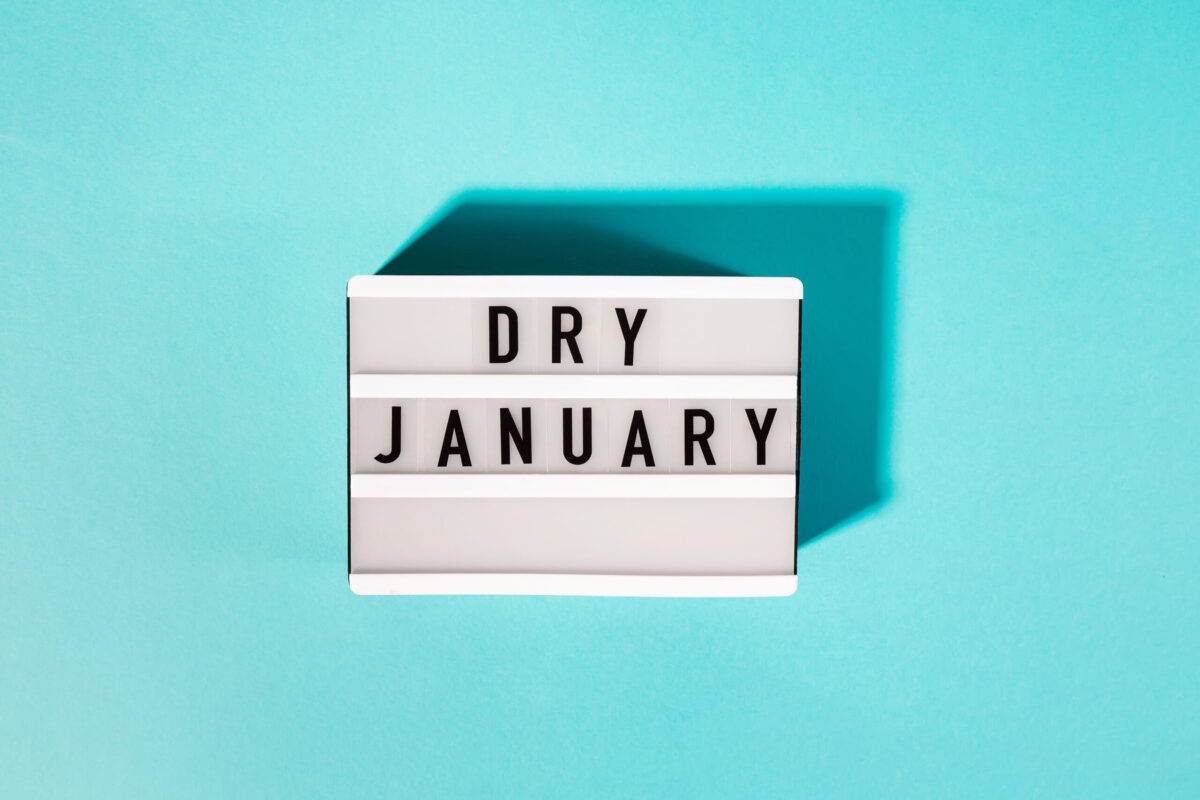Many people celebrated the beginning of the year with a champagne toast – then go without alcohol for the rest of the month. Dry January has skyrocketed in popularity in recent years. You might be interested in giving it a try yourself.
“Taking a month off from alcohol can help you form better habits and establish a healthier relationship with alcohol,” says Dr. Judith Overton, a medical director with BlueCross BlueShield of Tennessee.
WellTuned: How to gauge your alcohol use
Here’s what you need to know if you’re thinking about giving it a try.
Benefits for your body and brain
Dr. Overton: Excessive alcohol use is associated with several leading causes of death, including heart disease, cancer and liver disease. Research shows that both your body and your brain will benefit from taking a month off from alcohol.
Even moderate drinkers see health benefits from a month of abstinence, including improved sleep, increased energy and weight loss. Their blood pressure, cholesterol levels, and blood sugar levels went down. Also, a study in the medical journal BMJ Open reported similar health benefits even without participants changing up their diet, quitting smoking or other making other big lifestyle changes.
Dry January can improve your mood and overall wellbeing. Alcohol can contribute to symptoms of depression and anxiety. You may find that you just feel better after you’ve stopped drinking alcohol for a while. And, not purchasing alcohol can have financial benefits, as well.
How to approach Dry January
Dr. Overton: Here are a few tips to help you have a successful Dry January – or any month you choose.
Set realistic goals for yourself. Look at your goals for the month — and the year beyond. If you set too many big goals at once, you may be setting yourself up for failure. Prioritize your biggest goals and focus on those.
Consider the setting. Think about the settings and situations where you tend to consume alcohol. Determine in advance how you’ll approach them before they happen, so you’ll be prepared. Same goes for triggers. Be aware of the triggers that make you reach for a drink and make a plan for how you’ll deal with them.
Try a mocktail. Trade the beer or wine for a specialty drink without the alcohol so you don’t feel like you’re depriving yourself. One caveat: if abstaining from alcohol to lose some weight is your goal, some mocktails can be high in calories.
Don’t get derailed by a slip-up. You’re at a party, and despite your best intentions to sip on sparkling water or club soda, you wind up having a couple of drinks. It’s okay. Don’t let a slip-up ruin your experience or the month for you. You can start again tomorrow.
Use technology to help you. An app like the Try Dry or similar Dry January apps might help you succeed.
Consider another dry month. If January’s not a great time to go dry for whatever reason, consider another month. There’s no reason not to have Dry February or Dry March.
Keep the momentum going
Those who successfully complete a Dry January often drink less alcohol overall, even months later. The bottom line: taking a month off from drinking has many benefits. You can realize even more benefits by reducing long-term alcohol consumption.
“Dry January – or whatever month you choose – is a good time to assess whether you are using alcohol responsibly,” says Dr. Overton. “And if it’s a significant struggle to be abstinent for a month, that could be a wake-up call for you.”
WellTuned: What is “gray area” drinking? Exploring 8 signs of mild alcohol use disorder
Get more information about specific health terms, topics and conditions to better manage your health on bcbst.com. BlueCross BlueShield of Tennessee members can access wellness-related discounts on fitness products, gym memberships, healthy eating and more through Blue365®. BCBST members can also find tools and resources to help improve health and well-being by logging into BlueAccess and going to the Managing Your Health tab.


